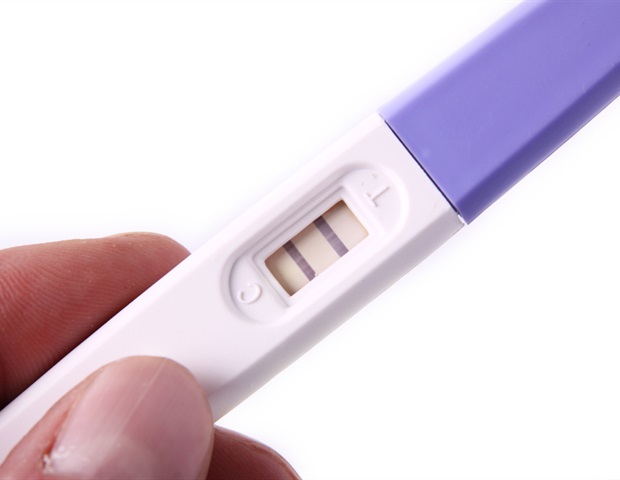

A new Journal of the Endocrine Society study among women attending a fertility center found that those with more stress before pregnancy had higher blood sugar levels during pregnancy, which is a sign of weaker cardiovascular health.
People’s stress levels have continued to rise over the years, particularly in the last few years due to the COVID-19 pandemic, putting them at risk for serious health issues such as heart disease. Research shows women may experience more stress than men, especially those going through infertility. Maintaining a healthy pregnancy is important for both mothers and their children.
We found that maternal stress, evaluated before pregnancy, is negatively associated with cardiovascular health, measured as glucose levels during pregnancy. Our results highlight the importance of considering preconception as a sensitive window of stress in relation to cardiovascular health during pregnancy. A few ways women can lower their stress levels include being more active, avoiding alcohol and drugs, eating healthy and avoiding isolation.”
Lidia Mínguez-Alarcón, Ph.D., study author of Harvard Medical School, Brigham and Women’s Hospital and Harvard T.H. Chan School of Public Health in Boston, Mass
The authors analyzed self-reported stress levels in 400 women at the Massachusetts General Hospital Fertility Center in Boston, Mass., before they became pregnant and measured their blood sugar levels in late pregnancy. They found women with high levels of stress before pregnancy were more likely to have high blood sugar during pregnancy.
Women who conceived through intrauterine insemination (IUI) had higher stress and blood sugar levels than those who conceived through in vitro fertilization (IVF). During IUI, sperm is injected directly into the uterus. IVF is a multi-step reproductive technology that involves egg stimulation, retrieval, lab fertilization and transfer.
“This may be explained by the fact that IUI treatment has shown less effectiveness as an infertility treatment compared to IVF, so women undergoing IUI may experience more distress compared to those going through IVF,” Mínguez-Alarcón said.
The researchers also found stress and blood sugar levels were higher among women with high socioeconomic status. Mínguez-Alarcón explained the possible reason for this finding could be women with higher incomes and education levels may be employed in demanding, time-intensive jobs.
“It has previously been shown that those with a higher education level experience greater levels of job stress, with stronger associations found in women than in men,” Mínguez-Alarcón said. “Given that education level is positively associated with salary, it is possible that this explanation applies to women with higher incomes as well. Professional women are often also responsible for balancing demands in the workplace with household duties and childcare.”
The other authors of this study are Olivia Chagnon, Aya Tanaka, Paige Williams, Tamarra James Todd and Jennifer Ford of Harvard T.H. Chan School of Public Health; Irene Souter of Massachusetts General Hospital and Harvard Medical School in Boston, Mass.; Kathryn Rexrode of Brigham and Women’s Hospital and Harvard Medical School; and Russ Hauser of Harvard T.H. Chan School of Public Health and Harvard Medical School.
The study was funded by the National Institutes of Health.
Source:
Journal reference:
Mínguez-Alarcón, L., et al. (2023) Preconception Stress and Pregnancy Serum Glucose Levels Among Women Attending a Fertility Center. Journal of the Endocrine Society. doi.org/10.1210/jendso/bvad152.








